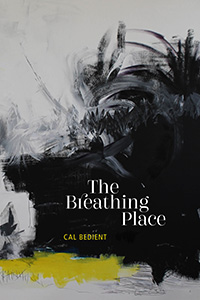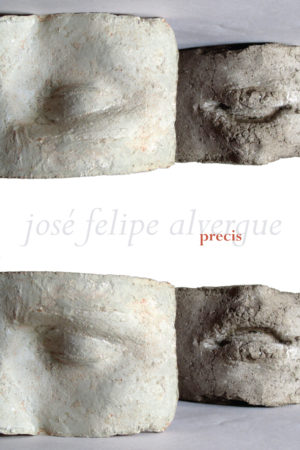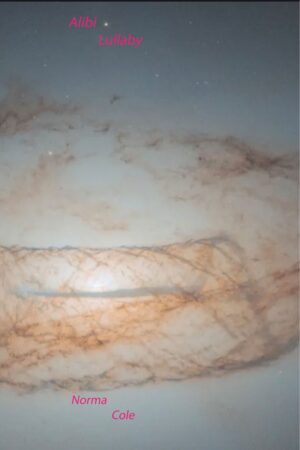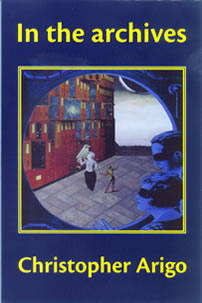Description
The poems in The Breathing Place, Calvin Bedient’s fifth collection of poetry, take in and move through three areas of consideration. Focusing first on the turmoil of an imperfect world before turning to raging social concerns, the poems finally come to find a refreshed sense of hope, offering spaces to pause and breathe in the world around us.
First the poet addresses “the limits of the containing air,” the atmosphere of a world that moves along a journey ever-farther from whatever Eden it began in. He walks us through the fear and bewilderment, the dips and bumps, the guilt of gazing and desire along a path pointed away from paradise. These poems take in the deep—even if unadmitted—resentment at having to live and breathe in an uninviting world, amid scorched earth, and in a human body that feels the burning of precariousness, anxiety, and grief. The second space calls us to breathe in the now, bringing attention to a troubled world where the atmosphere is filled with strongmen hungry for rivalry, with the stink of age-old inequalities, and where looming climate emergency and nuclear war hover over the waters. The poet finally leads us to green nature, to a space of freshness that somehow survives under threat. Here is the living flow of the senses, the wonders of art, and a renewed feeling of sublimity that thrills from earth to the heavens.
Veteran poet Bedient has been with us for awhile—”The Era,” Part 2 of his in-your-face new collection, mentions Bobby Kennedy and the Cuban revolution—but, refreshingly, this work is neither autumnal nor Baby Boomer nostalgic. Bedient is one angry man, unrelenting when faced with life’s harsh realities, its “system of hesitations and horrors.” Though he cites battlegrounds from Vietnam to Syria, what troubles here is not just humanmade: “Galaxies formed to flash goodbye we die in every direction.” But while “Canoeing a Worn River,” he’s not sailing toward sunset, instead advising “Engage;// Lower your oars for the recommencing./ Tease, deny, the restrictions only art can alter.”




